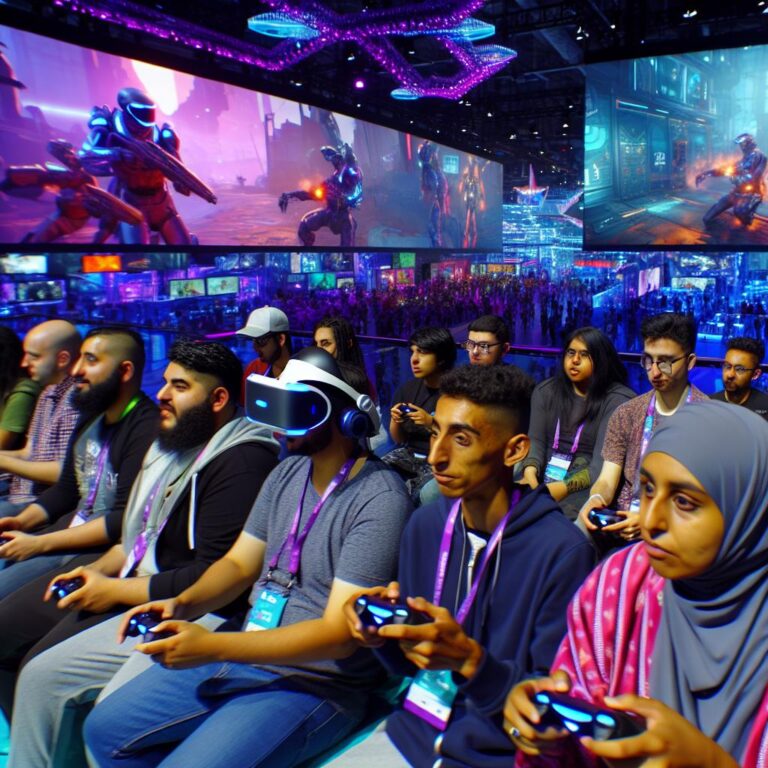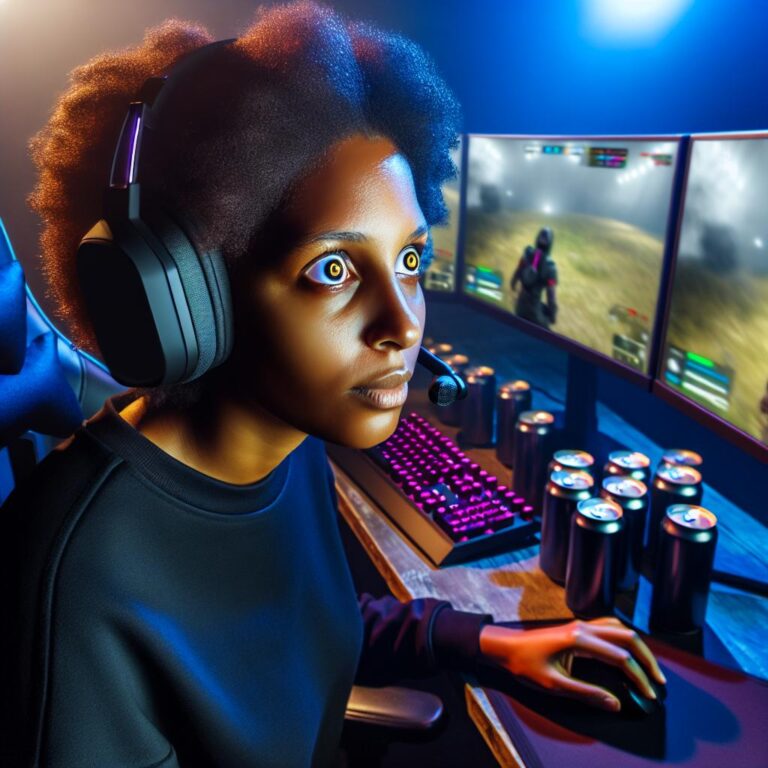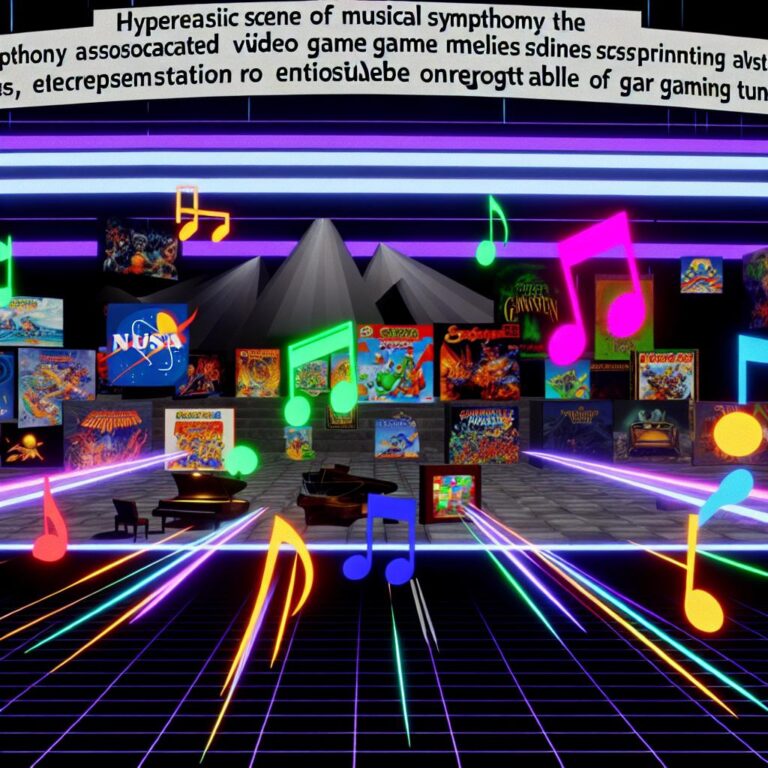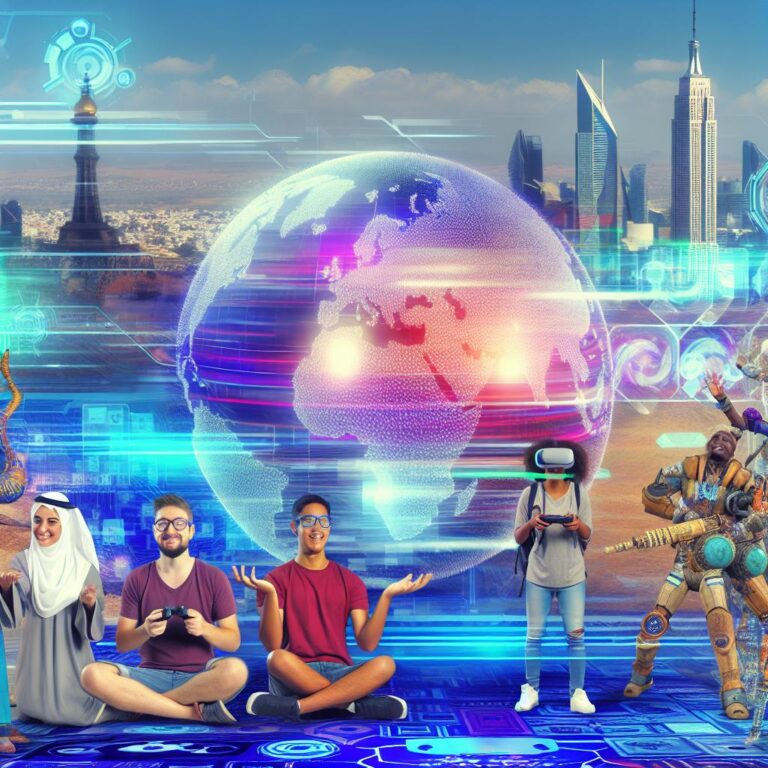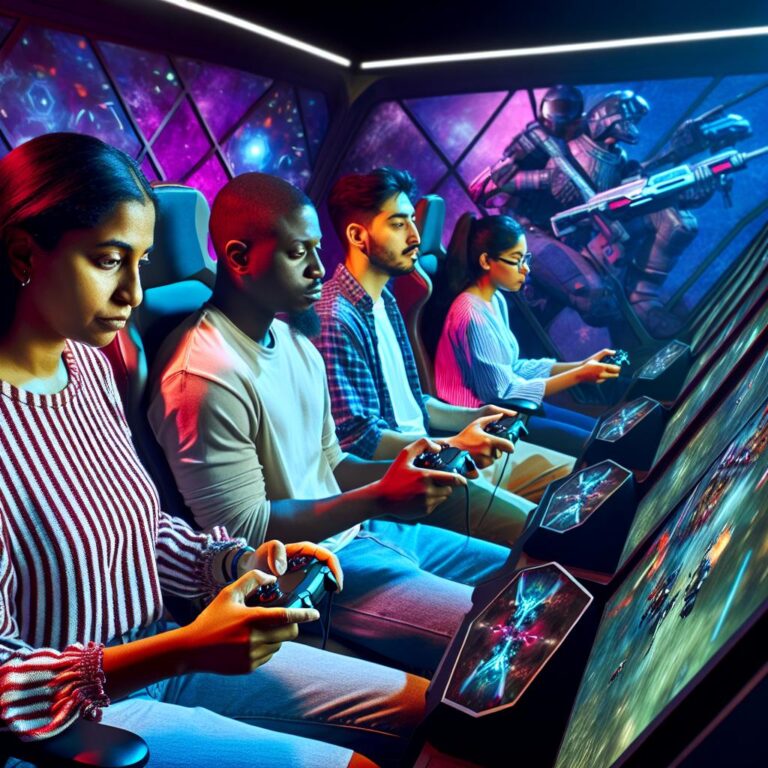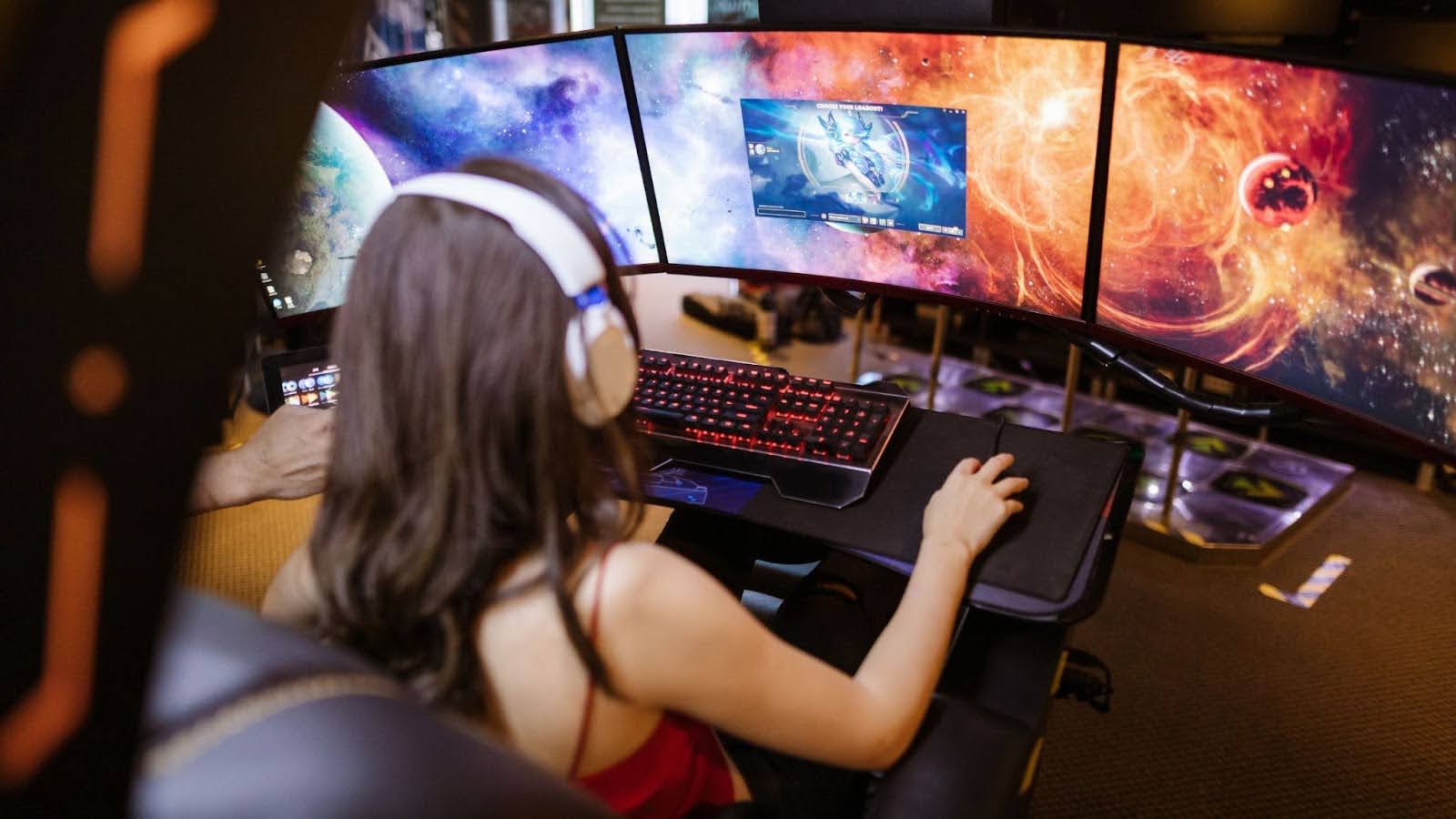
The game industry has developed into a cultural phenomenon, which was previously written off as a niche pastime, the game industry rivaling Hollywood and the music industry in reach, revenue, and impact. What was confined to consoles and suburban LAN parties is now a multiverse of rich narrative, high-consequence eSports, fashion partnerships, mobile-first creativity, and live community gatherings.
Gaming today is not merely an entertainment genre. It’s a way of life, an identity, and for some, a virtual social hub.
From Gameplay to Cinematic Universes
2025 has seen a revival of story-driven games, and the distinction between playing and watching movies is diminishing. Games such as Final Fantasy VII Rebirth, Star Wars: Outlaws, and Hades II are acclaimed not only for play but for interesting characters, ethical depth, and film production quality. Voice actors are afforded celebrity treatment, and game writers are receiving fame on par with scriptwriters in Tinseltown.
Game-based adaptations are also becoming increasingly popular. Shows like The Last of Us and Cyberpunk: Edgerunners demonstrated that games can have rich stories worthy of a mainstream series. The connection between gaming IPs and cinematic properties is only growing.
A Global, Inclusive, and Mobile-First Industry
Mobile gaming continues to dominate revenue charts, especially in Asia, Africa, and Latin America. Accessible hardware and cross-platform play have made games more inclusive than ever. In 2025, millions will be playing high-performance games on smartphones, thanks to cloud streaming services and 5G connectivity.
But it’s more than just reach; it’s also about representation. Studios create games with diverse characters, culturally relevant themes, and language adaptation. Global markets shape what is built, how it is sold, and who gets to be the hero.
eSports and Competitive Leagues Are Going Mainstream
The competitive gaming scene is no longer underground. In 2025, eSports events fill entire stadiums, with international tournaments for games like Valorant, League of Legends, and Call of Duty being broadcast on major streaming platforms.
Franchises are signing athletes. Brands are investing in eSports like they do traditional sports. And high school and college-level leagues are normalizing competitive gaming as a legitimate pathway, not a distraction.
Games Are Becoming Social Experiences
More than ever, games are being designed as living, breathing communities. Roblox, Fortnite, and Minecraft aren’t just games—they’re digital playgrounds where players build, chat, create music, host concerts, and form lifelong friendships.
These multiplayer ecosystems are giving rise to “gamefluencers,” live-streamers, and micro-celebs who drive engagement more than traditional marketing ever could. Gaming in 2025 is as much about who you play with as what you’re playing.
The Fashion and Music Crossover
Gaming now influences streetwear. From League of Legends x Louis Vuitton to Fortnite x Travis Scott, 2025 is witnessing an unprecedented fusion of digital and real-world fashion. Players customize their avatars with branded gear, and then buy matching hoodies in real life.
Music is also more integrated than ever. In-game concerts, soundtracks curated by artists, and launch trailers scored like blockbuster films are raising the production bar. Gaming is no longer a siloed art form—it’s a cultural hub.
Where It’s Headed
Gaming is no longer competing with movies or music—it’s absorbing them. Studios are betting big on immersive narratives, transmedia storytelling, and global fandoms that span genres, generations, and geographies.
In fact, many studios are now issuing press releases that rival traditional film announcements in scale and global reach, proof of the industry’s growing influence in the broader entertainment ecosystem.
As publishers begin to use tools like Simple Analytics to better understand gamer behavior and tailor cross-platform launches, and agencies adopt solutions such as White Label Press Release Services to promote indie games globally, it’s clear this isn’t a passing phase—it’s the future of entertainment.
Final Word
In 2025, gaming will be about people, stories, connection, and self-expression rather than pixels or consoles. As the industry evolves, it is reinventing what entertainment is, how we perceive it, and how it impacts our reality.

